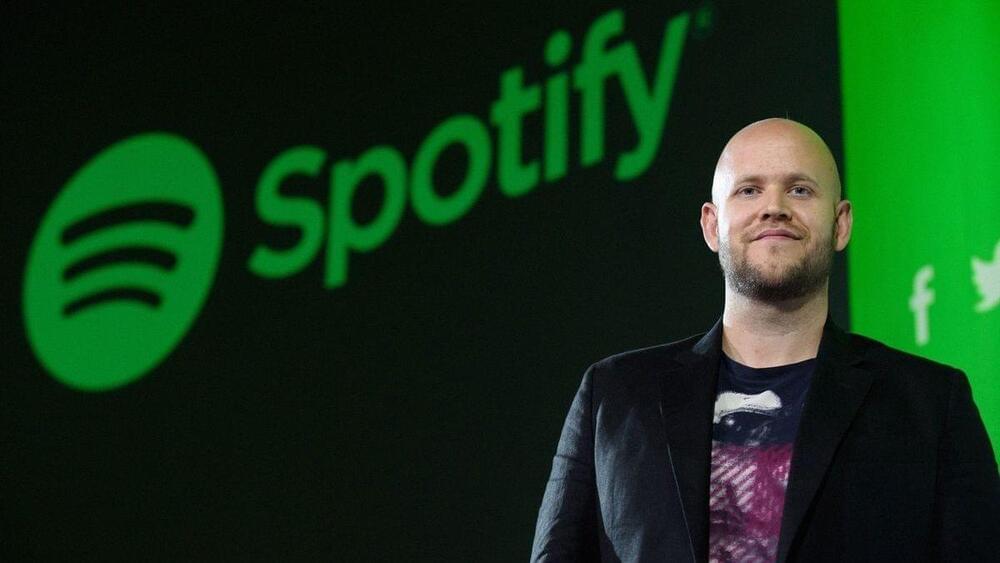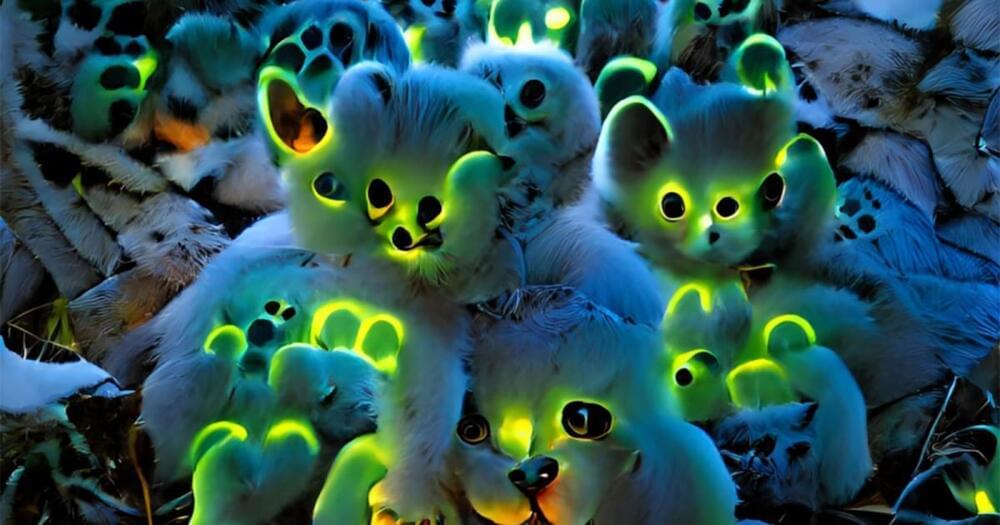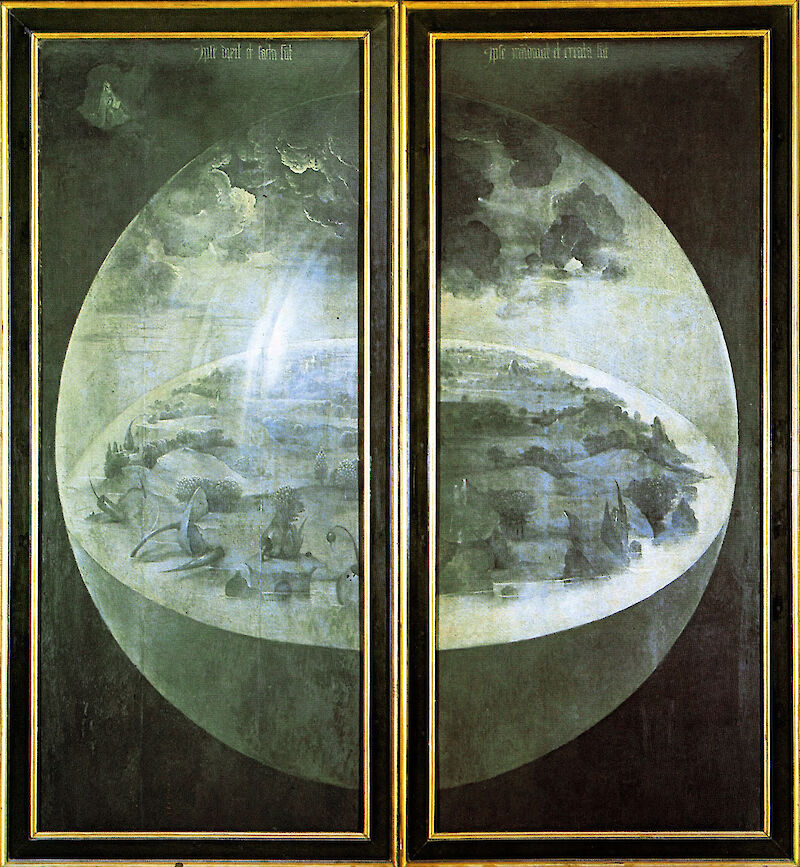One of the reasons branching identity is being accepted more seriously these days.
Beginning in the 1950s, experiments with split-brain patients revealed that consciousness could be divided between the two hemispheres of the brain. A surprising implication was that if consciousness could be divided, then it could also be combined. Evidence of this came in 2006, when conjoined twins Krista and Tatiana Hogan were born. The Hogan sisters were born with their brains connected by a thalamic bridge, which allowed a unique mental connection between them. We explore this surprising mental connection, and the possibility that we may one day connect our own minds with other conscious beings, together with what this might mean for our concept of self, identity, and the future of mind.
Please consider supporting my work on Patreon here ~ https://www.patreon.com/wakingcosmos.
Thank you!
This documentary is a non-profit, educational film. All footage used with permission, or in compliance with fair use/fair dealing.
Music by Scott Buckley and Aleks Michalski.


